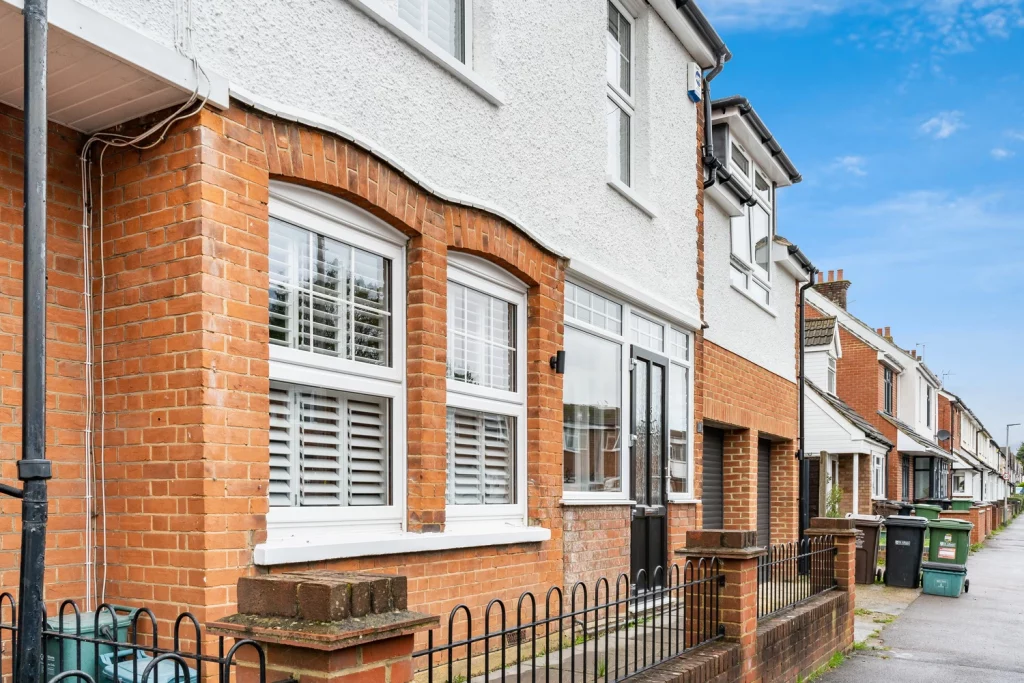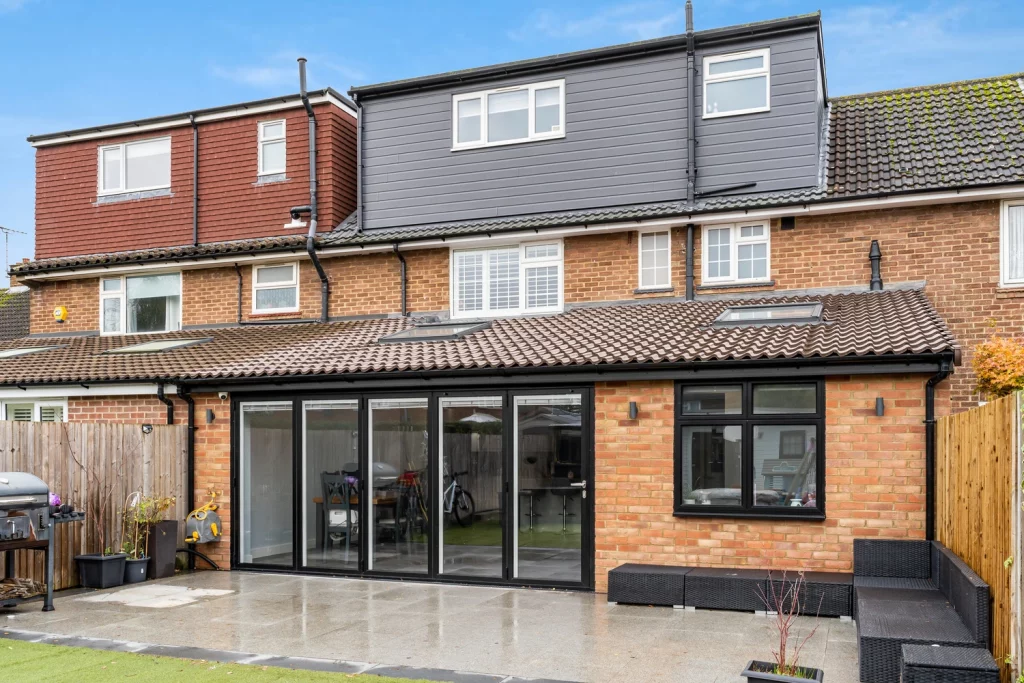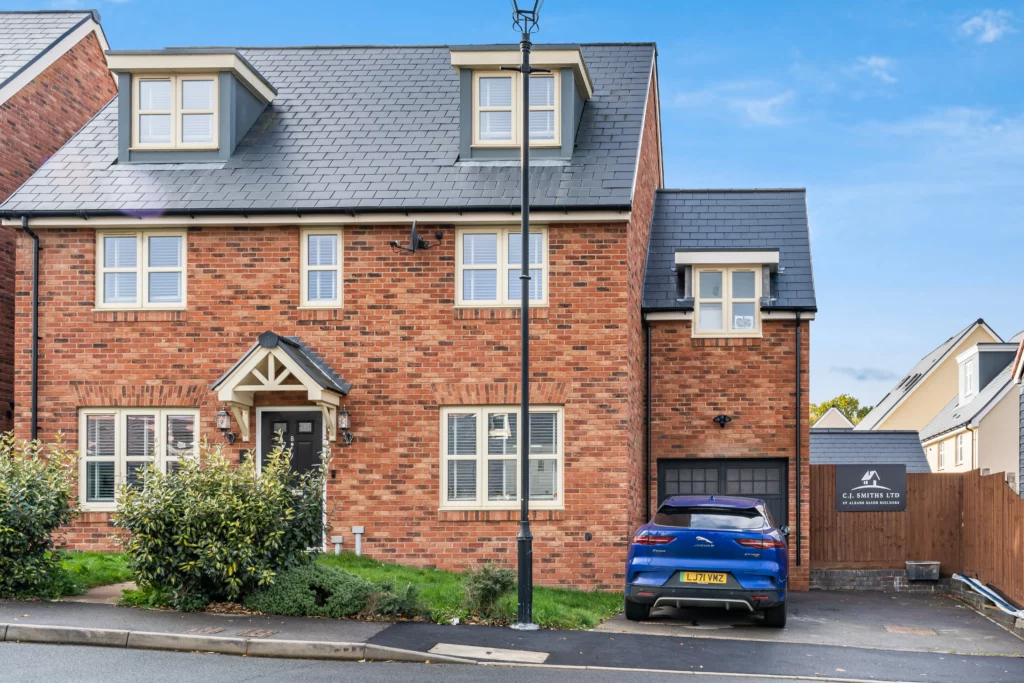Do house extensions need planning permission
Planning Permission Is Confusing
- Let Us Explain
Posted by Craig | Updated [current_date format=’F, Y’] | 8 Min Read Time
At a glance
- You don’t need planning permission for an extension if you build within your permitted rights
In this article, you’ll find the following:
- An explanation of your planning permission journey
Hello there! I’m Craig Smith, and if you’re reading this, chances are, you’re diving into the deep waters of planning permission for home improvement or perhaps building an extension.
It can feel like a maze, with its rules, regulations, and a whole lot of jargon. But fear not, I’m here to guide you through this complex process, breaking down the myths and presenting the facts in a clear, concise manner. A common question I encounter is, “Do you always need planning permission for an extension?”
Let’s demystify this aspect and provide you with the knowledge you need. So, let’s get started.

You Don't Need Planning Permission For An Extension If You Build within Your Permitted Rights
Wondering whether your house extension falls under permitted rights?
The Fundamentals of Planning Permission
Firstly, what is planning permission? It’s the consent you receive from your local planning authority to build on or change the use of land or buildings. It ensures that any developments are in the best interests of the community, the environment, and comply with local and national policies.
Do You Always Need Planning Permission?
You DON’T need planning permission for an extension if you build within your permitted development rights.** These rights allow homeowners to undertake certain types of work without needing to apply for permission. Most of the restrictions that don’t fall under permitted development relate to projects at the front of a house, near a road, or close to a boundary.
However, not everything falls under these rights. Here are some additional points that might influence your decision:

Building Regulation Standards:
These must be considered alongside planning permission. While planning permission is about whether you can build, building regulations are about how you build. It ensures that development work meets specific safety standards.
All extensions typically require building regulation approval, although there are exceptions, such as some conservatories. Experienced St Albans building contractors will be able to guide you through this process.
Influences on Permitted Development Rights:
There are historical, environmental, and societal reasons behind each rule and regulation. For instance, if every house in a particular street decided to build an additional floor, it might obstruct views, infringe on privacy, or even strain local infrastructure.
The regulations aren’t there to be obstructive but to ensure that building projects are carried out responsibly, respecting the interests of both the individual homeowner and the wider community.
We recommend reaching out to your local building authorities to obtain the precise requirements and regulations for your house extension, ensuring you have all necessary planning in place if its required.
Why is Planning Permission So Complicated?
There are historical, environmental, and societal reasons behind each rule and regulation. For instance, if every house in a particular street decided to build an additional floor, it might obstruct views, infringe on privacy, or even strain local infrastructure.
The regulations aren’t there to be obstructive but to ensure that building projects are carried out responsibly, respecting the interests of both the individual homeowner and the wider community.
Common Misconceptions
- If my neighbour did it, I can too! Not necessarily. Policies change, and what was acceptable a few years ago might not be now. Always check the current guidelines.
- I’ll just build first and apply later. A risky approach! If you don’t get retrospective permission, you might have to undo all your hard work.
- Small projects don’t need permission. Size isn’t the only factor. Location, use, and design can all come into play.
Starting Your Planning Permission Journey
- Research: Familiarise yourself with the local council’s development plan. This will give you an idea of what’s likely to be approved.
- Consult Professionals: Architects or planning consultants can be invaluable. They’ll understand the nuances of local policy and can help design your project to meet these.
- Talk to Your Neighbours: It’s not a legal requirement for many projects, but it’s often a good idea. They’ll be affected by the work, and if they have objections, it’s better to know early.

Connecting with the Community
CONCLUSION
While the world of planning permission can seem intimidating, it’s manageable when broken down. Yes, there are rules, but they are there for good reasons, ensuring our towns and countryside remain places of beauty and functionality.
Remember, the goal is not to hinder but to ensure harmony – both in architectural aesthetics and community living. If in doubt, always consult with the experts. Good luck with your next project, and may your developments always get the green light!
If you are still interested in finding out more about house extensions consider reading our blog on >> How long do house extensions take

Craig Smith
The founder of CJ Smiths Construction Company for over 14+ years and a proud citizen of St Albans City.
